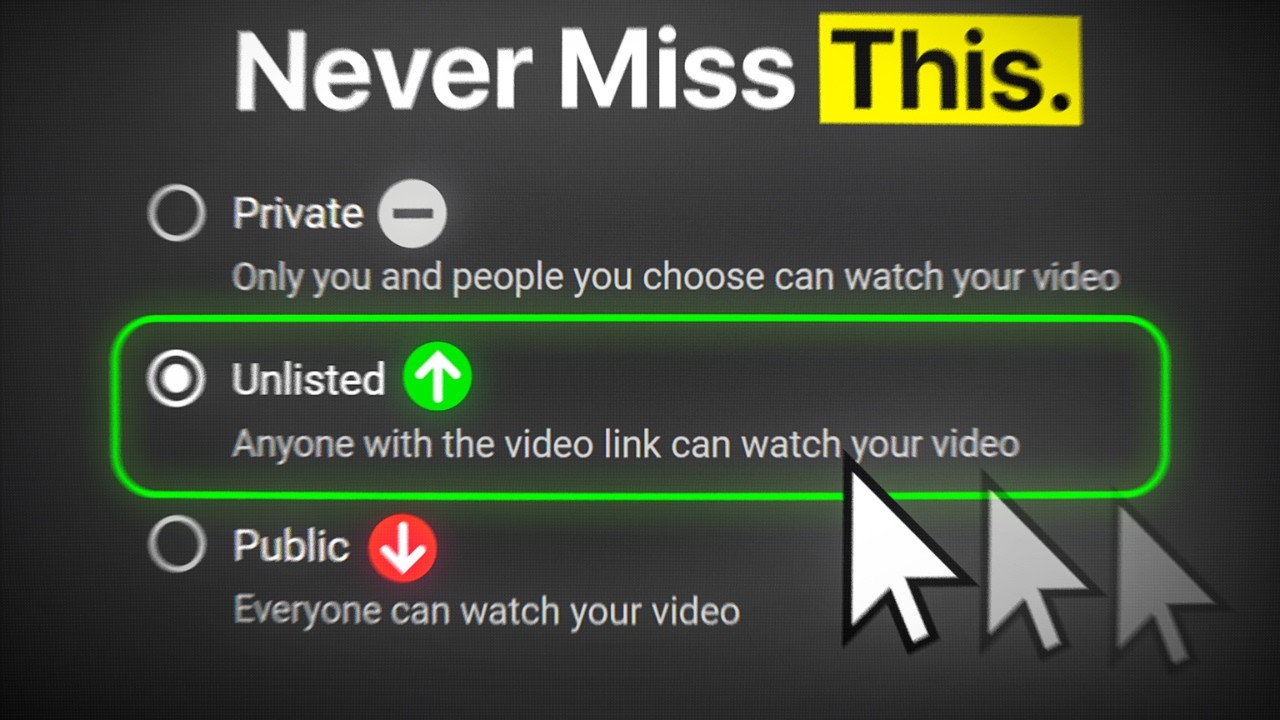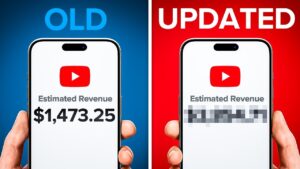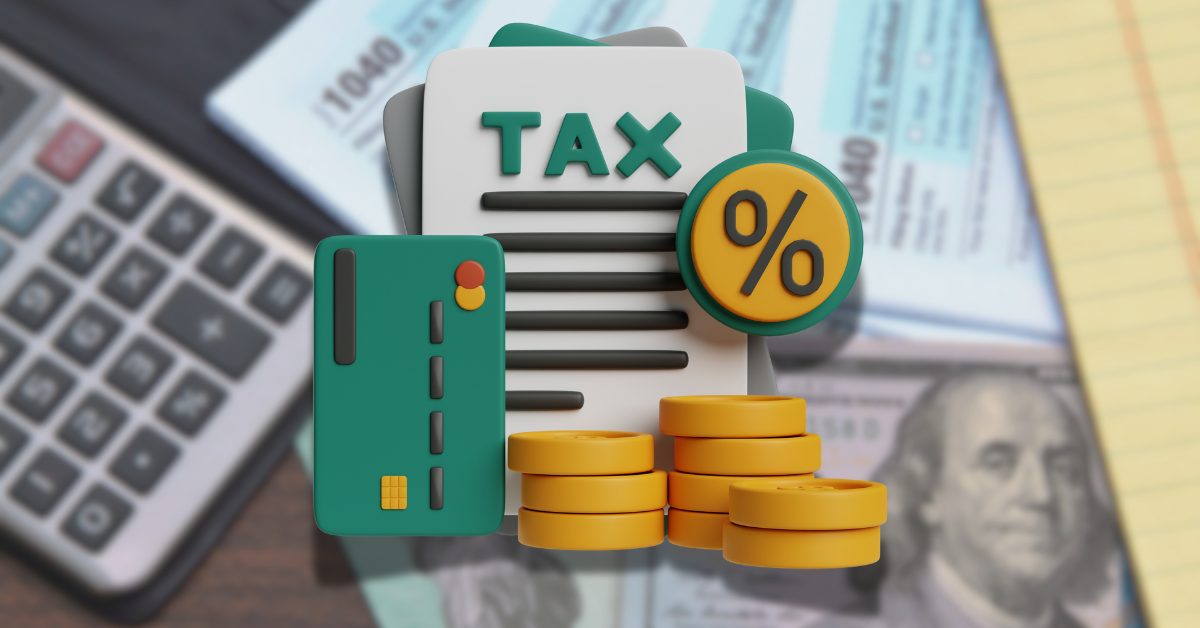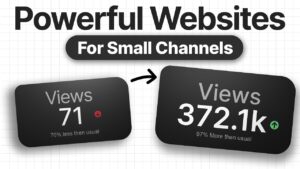Being a content creator might mean never having to answer to a boss again but we all still have to answer to the tax man… and we do have to pay tax on YouTube income.
For YouTube creators, navigating tax on YouTube income and tax deductions related to running your business can be challenging, but we’re here to help make it easier. We’ve teamed up with Cookie Finance, experts who work specifically with influencers and creators, to bring you a this guide to tax deductions for creators.
Whether you’re vlogging, promoting products, or growing your YouTube channel, you likely have business expenses that could reduce your taxable income. Understanding your deductions can make a big difference, allowing you to keep more of what you earn while staying compliant with the rules.
A quick note here: while TubeBuddy serves creators all around the world and most (all?) tax codes have provisions for deducting expenses directly related to running your business, the specifics of this post speak specifically to creators in the United States and the Internal Revenue Service (IRS) rules.
Also, while Cooke Finance are experts in tax advice for creators, none of what we share here should be taken as legal or business advice.
With that said, let’s get started!
What Are Tax Write-Offs, Anyway?
Creators have to pay tax on YouTube (and other) income, but as independent business owners, they’re also eligible to claim legitimate business expenses. Tax write-offs, or deductions, are expenses incurred in the course of running your business that can help offset (lower) your taxable income. This means you get to keep more of your earnings and pay less in taxes. The key here is to only claim expenses that are directly tied to your work as a content creator or influencer.
Common Tax Write-Offs for YouTubers
Here are some typical expenses you may be able to write off as a creator on YouTube. While these are potential tax deductions, make sure to consult with a tax professional if you have any questions on deductions particular to you.
- Software and Equipment: Any equipment or software you buy primarily for your business—whether it’s a new camera, lighting setup, laptop, or subscriptions like TubeBuddy or YouTube Premium—is tax-deductible.
- Home Office Deduction: If you have a specific area in your home set aside for filming content, editing videos, or managing business tasks, you may be eligible to deduct a percentage of your rent, utilities, and internet expenses. See: Business use of home on the IRS site.
- Professional Services: If you hire a photographer, videographer, editor, thumbnail artist, script writer, or even an accountant (like the pros at Cookie Finance), these services can be written off as business expenses.
- Travel Expenses: Travel expenses for brand collaborations, influencer events, or shooting content at particular locations may be deductible. This can include costs such as transportation, lodging, and meals.
- Advertising Costs: Expenses related to promoting posts on social media or running ads to grow your audience are considered deductible business expenses. Additionally, any fees paid to marketing agencies for their services can also be written off.
- Gifts and Giveaways: Running giveaways for your followers? The cost of the items you offer as gifts and giveaways can be deducted as a marketing expense, provided they’re used to promote your business.
How to Keep Track of Your Deductions
To make the most of your deductions, staying organized is essential. Just as you use tools like TubeBuddy to manage, grow, and optimize your channel, consider tools to keep track of your expenses. Maintaining a spreadsheet or using a finance app to monitor business expenses throughout the year helps you understand where your money goes and makes tax season easier.
Oh, and keep your receipts!

Things to Watch Out For
Tax write-offs can be an effective way to reduce the tax on YouTube (and other) income as a content creator.
However, not everything you buy can be written off; the IRS requires that deductions be “ordinary and necessary” for your business.
For instance, a luxury handbag would seem to strain the definition of “ordinary and necessary,” and if it’s purchased primarily for personal use, you can’t write it off. But if you do handbag reviews in your content and that same handbag is purchased specifically and primarily for such a review, that may qualify. If you give the handbag away to a follower, that almost certainly qualifies considering “Gifts and Giveaways” above.
Get Creator Tax Help from the Experts
Managing taxes as a creator can seem daunting, but it doesn’t have to be. Cookie Finance supports influencers and content creators, helping them stay organized and in control of their finances. Cookie Finance offers a free 1-on-1 consultation, and that’s a great place to start.
You can also grab this Content Creator Tax Deduction Cheat Sheet that offers some more detail on tax write-offs and deductions specifically for content creators.















